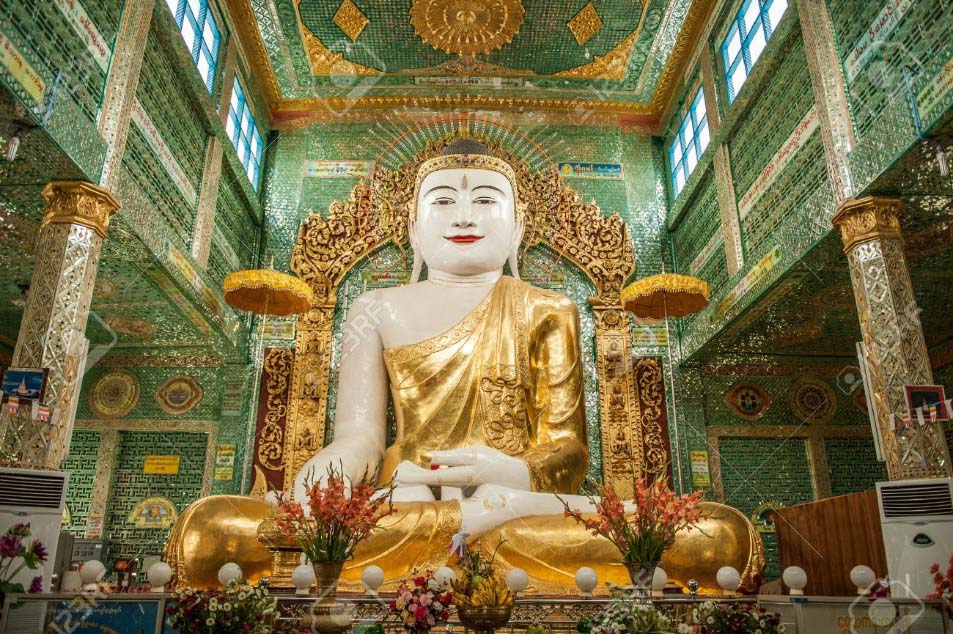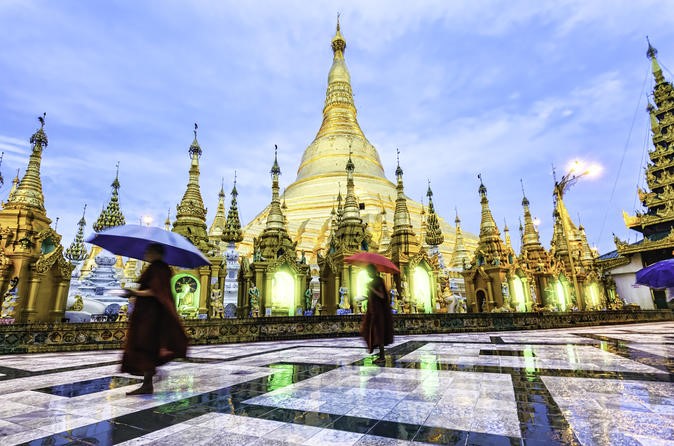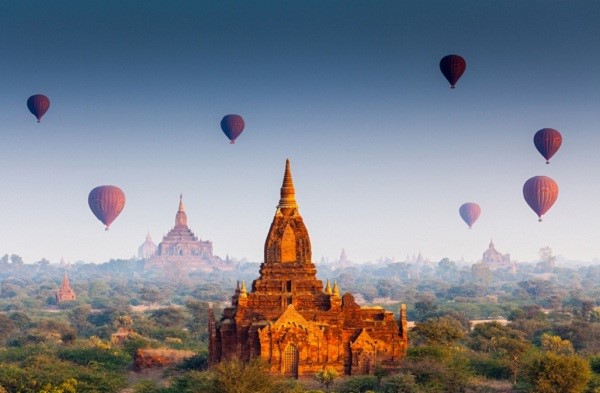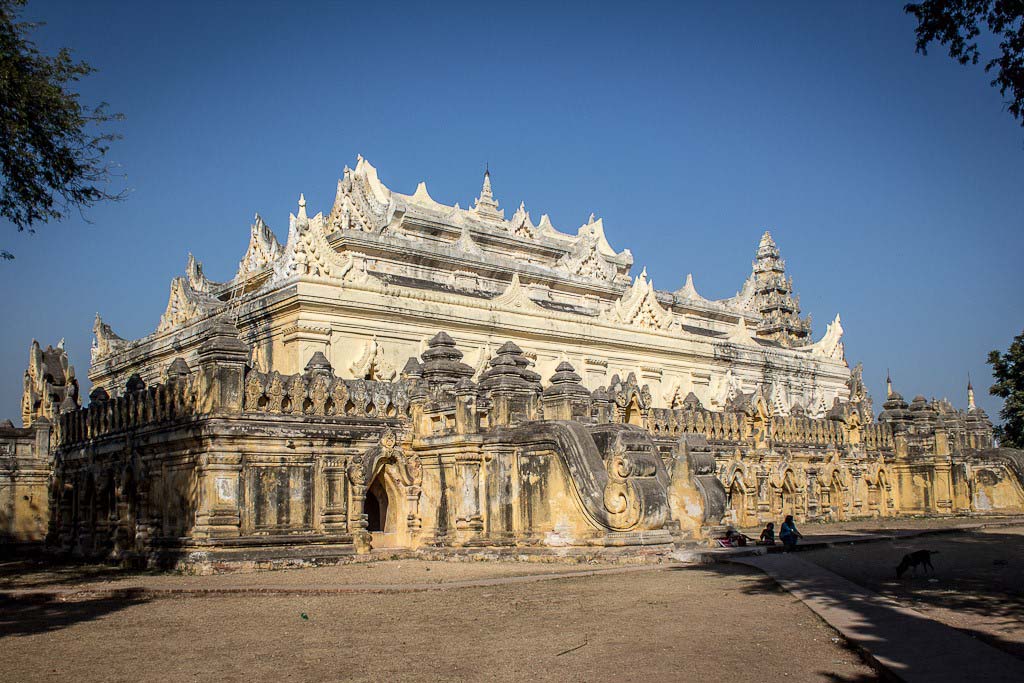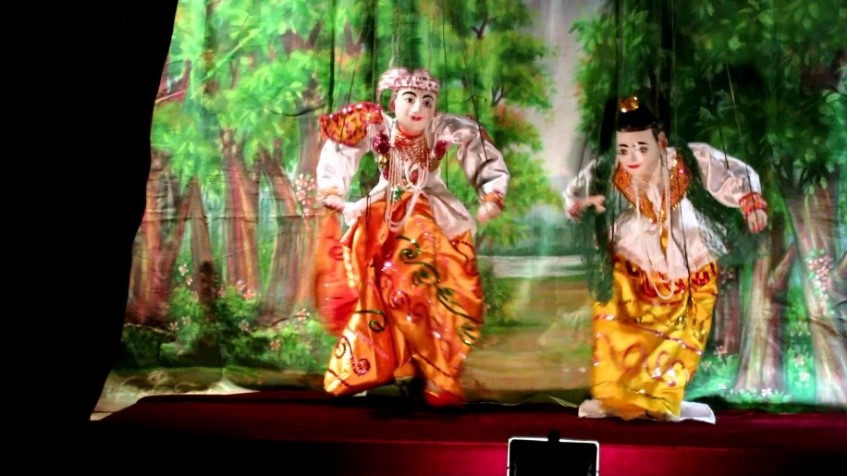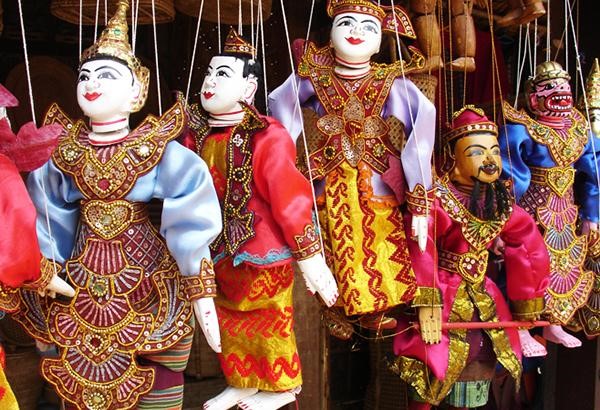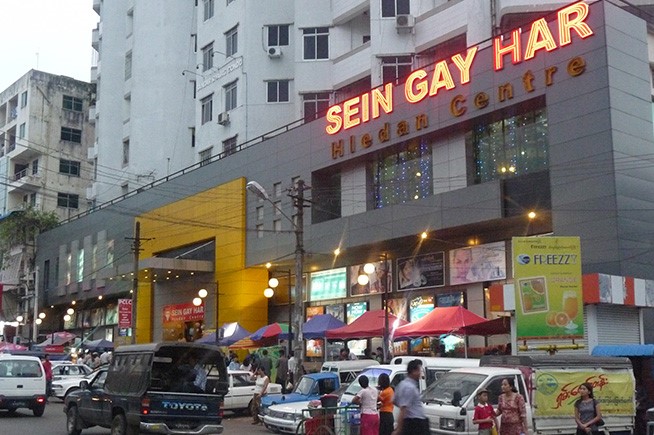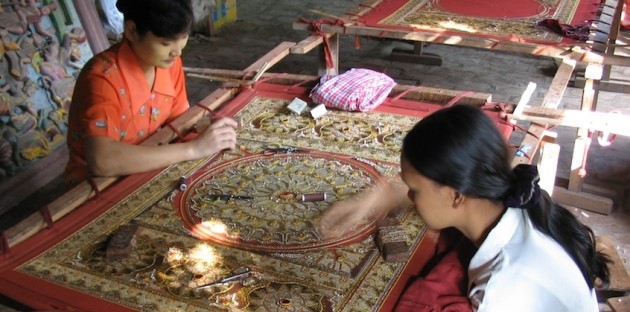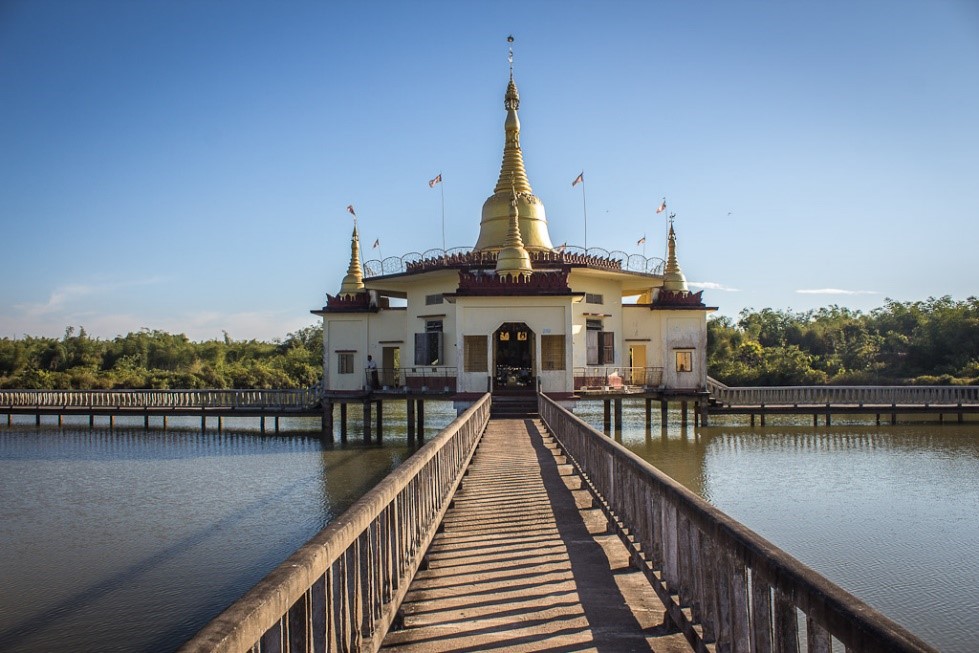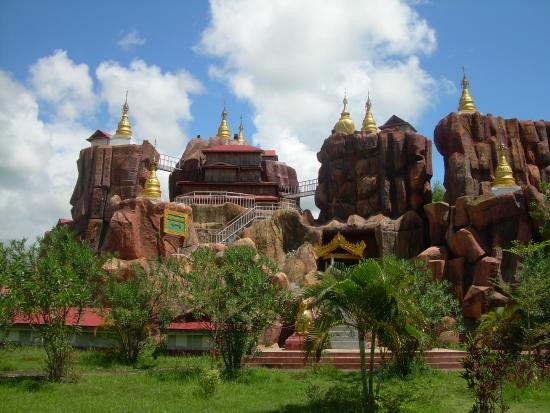Myanmar History Milestones
Archaeological findings reveal that parts of Myanmar were inhibited some five thousand years ago. The ancestors of present-day Myanmars, the Pyus and the Mons established several kingdoms throughout the country from the 1st century A.D. to the 10th century A.D. From that early beginning, there are today a fascinating 135 nationalities who call Myanmar home.
Myanmar (or Burma) history dated back thousands years ago. The country has been undergone many breakthrough to gain an united country as recently. Nowadays, Myanmar is a large country in South East Asia with over 60 people living in harmony. Even though they are living under a general price of Burmese people, many of them still remain their own tradition and culture since thousand years. That is the key factor making Myanmar owning one of the most diversified culture and richest history in Asia
Early History
Archaeological findings reveal that parts of Myanmar were inhibited some five thousand years ago. The ancestors of present-day Myanmar, the Pyus and the Mons established several kingdoms throughout the country from the 1st century A.D. to the 10th century A.D. From that early beginning, there are today a fascinating 135 nationalities who call Myanmar home.Myanmar history dates back to the early 11th Century when King Anawrahta unified the country and founded the First Myanmar Empire in Bagan more than 20 years before the Norman Conquest of England in 1066(i.e. 1044 A.D.). The Bagan Empire encompassed the areas of the present day Myanmar and the entire Menam Valley in Thailand and lasted two centuries.

The Second Myanmar Empire was founded in mid 16th Century by King Bayinnaung(1551-1581). King Alaungpaya founded the last Myanmar Dynasty in 1752 and it was during the zenith of this Empire that the British moved into Myanmar. Like India, Myanmar became a British colony but only after three Anglo-Myanmar Wars in 1825, 1852, and 1885.
During the Second World War, Myanmar was occupied by the Japanese from 1942 till the return of the Allied Forces in 1945. Myanmar has become a sovereign independent state since 4th January 1948 after more than 100 years under the colonial administration.
Recent history
March 1962: Then-Burma comes under military rule by Ne Win after a bloodless coup.March 1988: Mass anti-government demonstrations take place throughout Burma.
September 1988: Gen. Saw Maung takes over in another military coup. Aung San SuuKyi co-founds and leads the National League for Democracy.
1989: Burma changes its name in English to Myanmar and the name of the capital from Rangoon to Yangon. SuuKyi is placed under house arrest for charges of trying to divide the military, charges she denies.
1990: SuuKyi's National League for Democracy party wins more than 80 percent of the legislative seats in the polls, the first free elections in the country in nearly 30 years. The junta refuses to recognize the results.
October 14, 1991: SuuKyi wins the Nobel Peace Prize.
April 23, 1992: Gen. ThanShwe replaces Saw Maung as head of the junta.
July 23, 1997: Myanmar joins ASEAN (Association of Southeast Asian Nations).
March 2006: Naypyidaw becomes the new administrative capital.
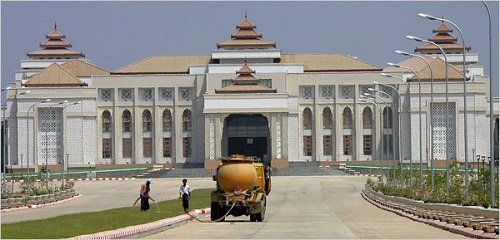
August-September 2007: Huge fuel price increases spark protests, later dubbed the "saffron revolution" after the robes of monks who also joined in. The protests gained steam over weeks. On September 24, Buddhist monks led about 100,000 in the largest anti-government demonstrations since 1988. Two days later, government forces cracked down.
October 20, 2007: U.N. General Assembly approves a resolution condemning the government crackdown and asking for the release of political protesters.
May 2, 2008: Cyclone Nargis hits Myanmar, killing more than 22,000. The government later reports 41,000 missing and up to 1 million homeless.
May 14, 2009:SuuKyi is arrested and charged with government subversion, relating to an incident in which American John Yettaw swam uninvited to her lakeside home.
August 10, 2009: Myanmar court convicts SuuKyi, then 64, for breaching the terms of her house arrest over Yettaw's visit. She is sentenced to 18 more months in home confinement, as were two of her house companions. Yettaw is sentenced to seven years of hard labor, but U.S. Senator Jim Webb obtains his release soon afterwards.
March 10, 2010: Junta announces new election law that disqualifies SuuKyi from taking part in upcoming national elections, citing her conviction in court. She has spent more than 14 years of the last 20 years under house arrest.
April 26, 2010: Myanmar's Prime Minister TheinSein and several other ministers resign from their military posts in order to participate in upcoming elections.
May 7, 2010: The NLD refuses to register for the election, thereby disqualifying itself as a political party and officially dissolves. On the same day, supporters of SuuKyi say they will form a new political party, National Democratic Force, which comprises some members of NLD.
August 13, 2010: Myanmar will hold elections on November 7, in the military junta-led nation's first vote since 1990.
November 2010: Scheduled date of SuuKyi's release from house arrest and detention after 14 years.
Decades of change and political instability followed, with an unstable parliament and several military coups creating uncertainty around the newly Socialist country. Burma seemingly lurched from crisis to crisis, plagued by corruption, inflation and volatility from the 1960s to 1990s. With increasing trade embargoes, protests, sanctions and international pressure, the military government was forced to cease the imprisonment of democratically elected Aung San SuuKyi and instate democracy to the country once again. With elections being held in 2010, Burma could finally be on the road to restoring democracy, peace and prosperity to the population.
More guide...
Responsible Travel
Being a responsible eco tour operator is at the heart of what ACTIVETRAVEL ASIA is all about. From the start, we have been committed to offering low-impact tours that benefit traveler and host alike. We work with local communities, businesses and individuals to develop sustainable tourism opportunities that help local economies while minimizing negative environmental and cultural impacts.
Asia Travel News


